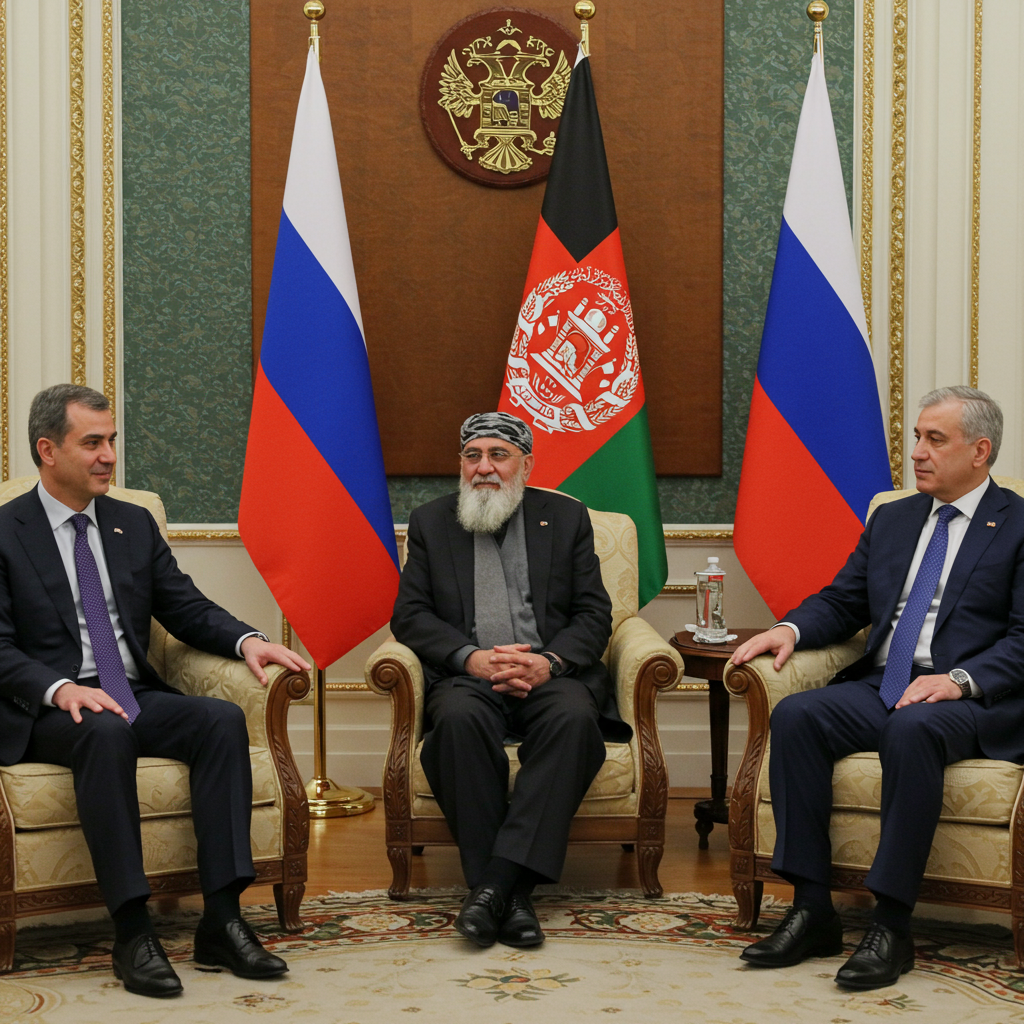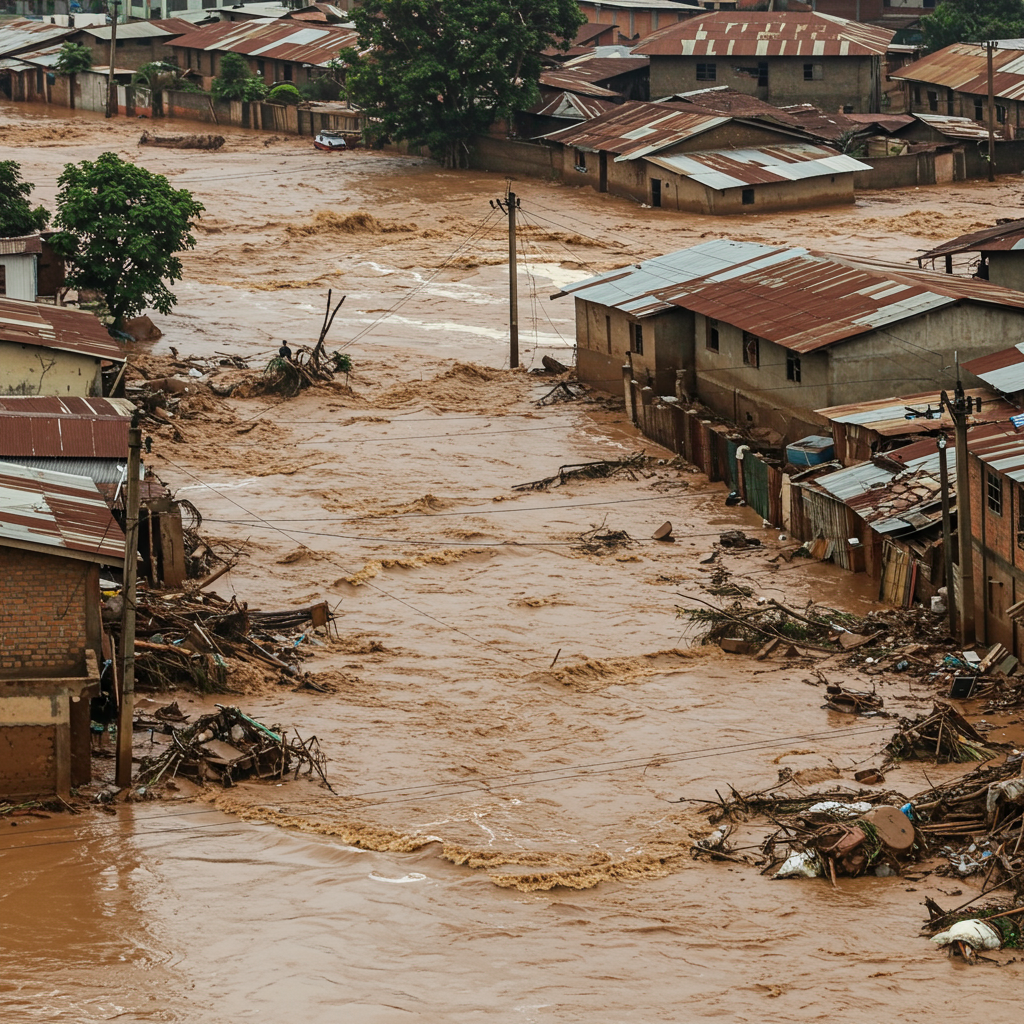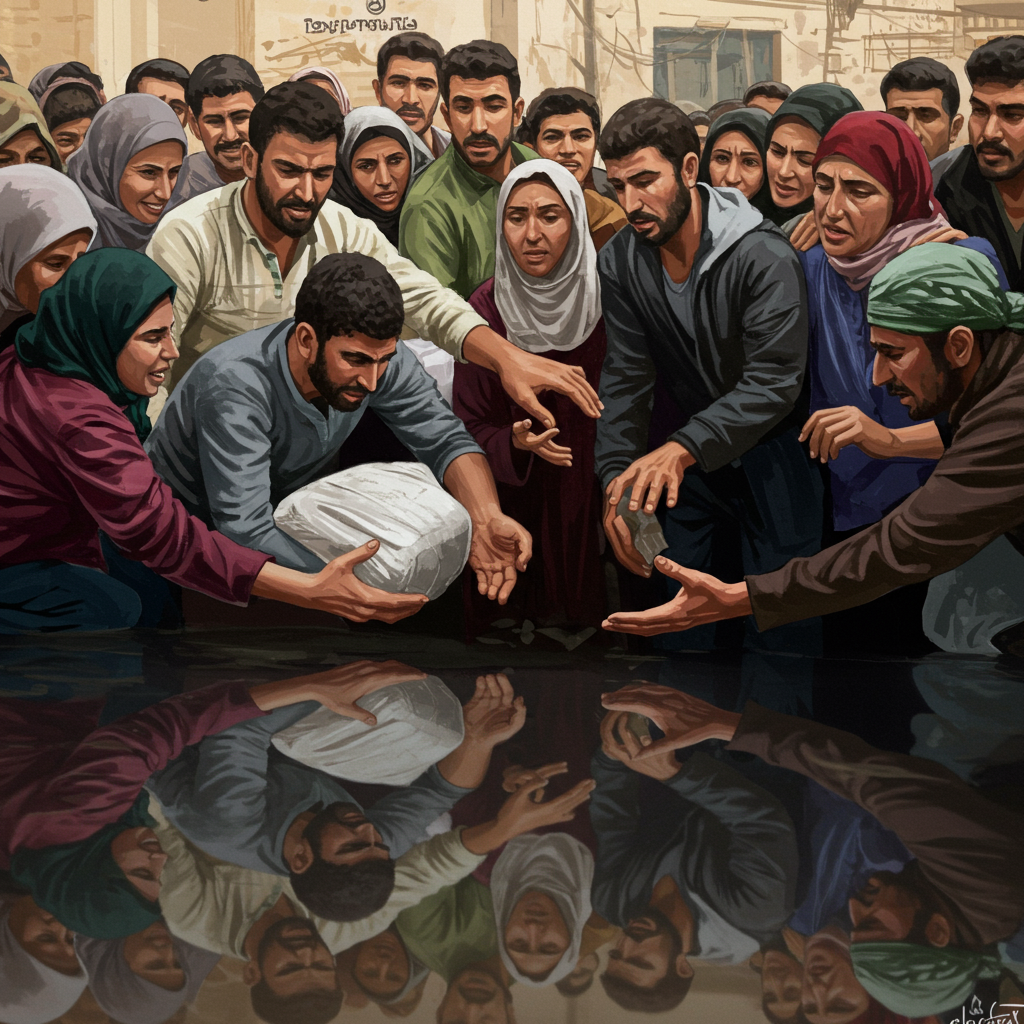In a major geopolitical development, Russia has become the first country globally to grant formal diplomatic recognition to the taliban government in Afghanistan since the group regained power in August 2021. This significant step, announced on July 3, 2025, marks a turning point in the international engagement with the de facto authorities in Kabul and sharply contrasts the stance held by most Western nations.
Afghanistan’s Foreign Minister, Amir Khan Muttaqi, hailed Moscow’s decision as a “courageous” act and a potential “example” for other countries. He met with Russia’s ambassador to Afghanistan, Dmitry Zhirnov, in Kabul, where the official recognition of the “Islamic Emirate of Afghanistan” was formally conveyed. This move comes nearly four years after the Taliban’s takeover, which followed the withdrawal of United States and NATO forces.
Why Moscow Extended Formal Recognition
Russia’s decision to officially recognize the Taliban government stems from a complex mix of strategic priorities, economic interests, and evolving regional dynamics. While the move is unprecedented among major global powers since 2021, it follows a period of deepening engagement between Moscow and the Taliban authorities. Russian officials frame the recognition as a pragmatic necessity for ensuring regional security and fostering bilateral cooperation.
Economic and Security Drivers
Economic potential appears to be a significant factor driving Russia’s engagement and subsequent recognition. Russia’s foreign ministry highlighted the potential for “commercial and economic” collaboration across key sectors. These include energy, transportation, agriculture, and infrastructure development within Afghanistan. Moscow views Afghanistan not just as a potential market but also as a crucial transit route, notably announcing intentions to use the country for natural gas transit to Southeast Asia.
Beyond economics, security concerns are paramount for Russia. The foreign ministry reiterated Moscow’s commitment to assisting Kabul in the fight against terrorism and drug trafficking threats emanating from Afghanistan. Specifically, countering groups like Islamic State Khorasan Province (ISKP), which poses a threat to both Afghanistan and Russia, is a stated priority. Moscow sees the Taliban as a necessary, albeit complicated, partner in these counter-terrorism efforts.
The Pragmatic Shift in Policy
Moscow’s approach to the Taliban has evolved considerably since 2021. Initially cautious, Russia quickly adopted a more pragmatic stance, viewing the “new authorities in Kabul” as a reality that must be engaged with. Foreign Minister Sergey Lavrov advocated for a “pragmatic, not ideologized policy” towards the group.
This shift was formalized through several steps leading up to the recognition. Russia maintained its embassy in Kabul throughout the 2021 takeover, unlike many other nations. It was the first country to sign an international economic deal with the Taliban in 2022, agreeing to supply essential goods like oil, gas, and wheat. Moscow also became the first to open a business representative office in Kabul after the takeover.
A crucial legal step occurred in April 2024 (or 2025, depending on the source timeline interpretation), when Russia removed the Taliban from its national list of terrorist organizations. This decision, according to the Russian foreign ministry, was intended to pave the way for establishing a “full-fledged partnership.” Russian President Vladimir Putin himself referred to the Taliban as an “ally” in the fight against terrorism in July 2024 (or 2023). High-level meetings between Russian and Taliban representatives, including Afghan Foreign Minister Muttaqi and Russian Foreign Minister Lavrov, and Taliban delegations attending Russian economic forums, further underscored the deepening ties before formal recognition.
The Taliban’s Quest for Legitimacy
For the Taliban, securing international recognition has been a primary objective since seizing control of Afghanistan. Formal recognition is seen as crucial for attracting much-needed foreign investment, facilitating economic recovery, and legitimizing their rule on the global stage. Amir Khan Muttaqi described Russia’s decision as initiating the “process of recognition,” expressing hope that it would encourage other nations to follow suit.
Despite controlling the country for nearly four years, the Taliban government, which refers to itself as the “Islamic Emirate of Afghanistan,” has faced widespread diplomatic isolation. Their efforts to gain acceptance have been hampered primarily by international concerns regarding human rights and governance. The formal recognition by Russia provides the Taliban with a significant boost, though it remains to be seen if it will truly serve as an “example” for many other countries.
A Complex History Resurfaced
The relationship between Russia and Afghanistan, and specifically between Moscow and the Taliban, is deeply complex and marked by historical conflict. The Soviet Union’s invasion of Afghanistan in 1979 led to a nine-year war against various Mujahideen groups, including elements that would later contribute to the rise of the Taliban. This costly conflict resulted in significant Soviet casualties and contributed to the USSR’s international isolation before its withdrawal in February 1989.
Decades later, Russia had listed the Taliban as a terrorist organization in 2003, partly due to the group’s support for separatists in Russia’s North Caucasus region. The decision in 2024/2025 to remove this designation, coupled with the formal recognition, represents a profound shift from this recent history. Moscow’s current policy prioritizes pragmatic engagement and counter-terrorism cooperation over past animosities, highlighting the dynamic nature of international relations in the region.
International Backlash and Human Rights Concerns
Russia’s decision to recognize the Taliban government stands in stark contrast to the position of Western governments and numerous international organizations. This opposition is rooted overwhelmingly in the Taliban’s governance record, particularly their severe restrictions on human rights and their implementation of a strict interpretation of Islamic law, known as Sharia.
Widespread Condemnation
The Taliban’s return to power has been met with widespread condemnation from the international community. Western nations, the United Nations, and humanitarian organizations have consistently criticized the group for failing to uphold human rights commitments they made during initial talks. Reports of public floggings and brutal attacks on former government officials have also drawn international censure.
The Plight of Women and Girls
A major sticking point preventing broader international recognition is the systematic oppression of women and girls under Taliban rule. Over the past four years, the authorities have enacted increasingly restrictive measures that curtail fundamental freedoms. These include barring women from secondary and higher education, effectively excluding them from the workforce, prohibiting them from leaving their homes without a male chaperone (mahram), and enforcing strict dress codes. Recent “virtue” laws have reportedly even banned women from speaking outside their homes in some instances.
The United Nations has stated that these rules amount to “gender apartheid,” a term typically used to describe systems of institutionalized discrimination based on gender. The severe restrictions on women and girls are the most frequently cited reason by international actors for their refusal to formally recognize the Taliban administration.
Sanctions and Diplomatic Isolation
Following the Taliban takeover in 2021, the United Nations Security Council imposed strict sanctions on Afghanistan. Notably, approximately $9 billion in the country’s central bank assets held abroad were frozen. Western countries, including the United States, have also maintained sanctions on senior Taliban leaders and taken steps that have severely limited Afghanistan’s access to the international financial system. This financial and diplomatic isolation has significantly hindered the country’s recovery and development.
While Russia has now granted formal recognition, the Taliban government does not hold official recognition from any major world body, including the United Nations, which continues to refer to the administration as the “Taliban de facto authorities.”
The Global Recognition Landscape
Before Russia’s announcement, no country had formally recognized the Taliban government since their 2021 takeover. While many nations have engaged in high-level talks with Taliban representatives and some, like China, the United Arab Emirates, Uzbekistan, and Pakistan, have accepted the credentials of Taliban-appointed ambassadors in their capitals, this fell short of formal recognition of the government itself.
This contrasts with the Taliban’s first period in power from 1996 to 2001, when three countries – Saudi Arabia, Pakistan, and the United Arab Emirates – did extend recognition. Russia’s current move makes it the sole country among the global community to formally acknowledge the “Islamic Emirate” government, setting it apart from even regional players who have opted for engagement without official recognition.
Russia’s recognition can also be seen within the context of its broader foreign policy, particularly since its full-scale invasion of Ukraine in 2022 led to strained relations with the West. Moscow has increasingly sought to strengthen ties with non-Western nations and regimes, viewing Afghanistan as a potential partner in a multi-polar world order and a sphere where it can assert influence independent of Western pressure. The decision challenges the Western-led approach of isolation and conditionality regarding the Taliban.
Frequently Asked Questions
Why did Russia become the first country to officially recognize the Taliban government?
Russia’s decision to recognize the Taliban government is driven by a combination of strategic, economic, and security interests. Moscow seeks to boost bilateral trade and investment, particularly in energy and infrastructure, and potentially utilize Afghanistan as a transit route. Crucially, Russia views the Taliban as a necessary partner in combating regional security threats like terrorism and drug trafficking, specifically mentioning groups such as ISKP. This move reflects a pragmatic shift in Russian foreign policy towards the de facto authorities in Kabul.
What has been the international reaction to the Taliban government beyond Russia?
Most Western governments and international bodies, including the United Nations, have not formally recognized the Taliban government. This is primarily due to widespread concerns over human rights violations, particularly the severe restrictions imposed on women and girls concerning education, movement, and public life. While some countries like China, UAE, Pakistan, and Uzbekistan have accepted Taliban diplomats, they have stopped short of full governmental recognition. The UN continues to refer to the administration as “de facto authorities,” and significant international sanctions remain in place.
What does Russia’s recognition potentially mean for Afghanistan?
Russia’s formal recognition offers the Taliban government a significant boost in its long-sought quest for international legitimacy. It could potentially open doors for increased Russian investment and economic cooperation, aiding Afghanistan’s struggling economy. However, the impact may be limited without broader international recognition. The move does not alleviate the severe human rights concerns that isolate the Taliban from most of the world and does not automatically lift international sanctions or unfreeze assets held abroad, which require wider consensus.
Conclusion
Russia’s formal recognition of the Taliban government marks a pivotal moment in Afghanistan’s post-2021 international standing. As the first country to take this step, Moscow signals a clear divergence from the Western approach of isolation and conditional engagement. Driven by economic opportunities, security imperatives, and broader geopolitical realignments, Russia has opted for a path of pragmatic partnership. While this decision offers the Taliban a degree of legitimacy they have eagerly sought, it does little to resolve the deep-seated international concerns over human rights, particularly the systematic oppression of women and girls, which remain the primary barrier to wider global acceptance and the lifting of crippling sanctions. The long-term implications of Russia’s move for Afghanistan’s future and the global diplomatic landscape remain to be seen.



